
Research Labs
See also Affiliated Researchers and Emeriti

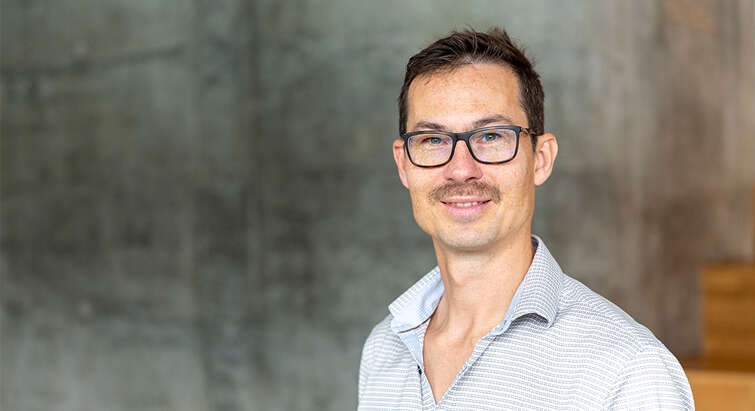
Berg Lab

Cai Lab

Gether Lab

Herborg Lab

Kermen Lab
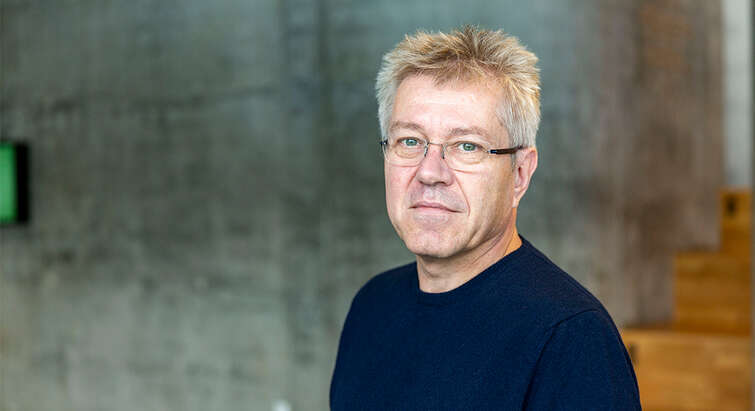
Kiehn Lab

Kjærby Lab

Kjærulff Lab

Kornum Lab

Lauritzen Lab

Lind Lab

Lorentzen Lab
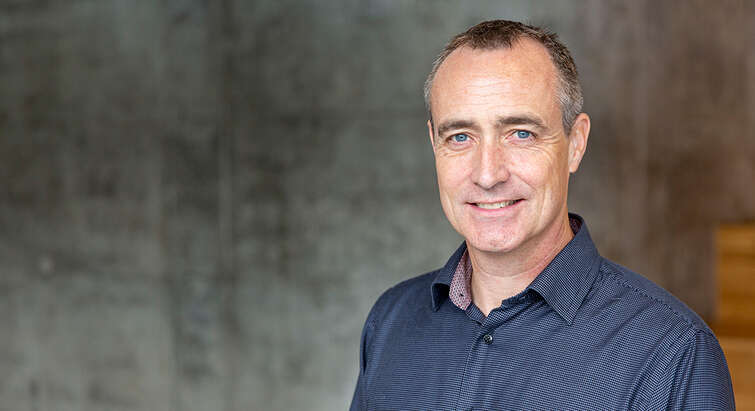
Løland Lab

MacAulay Lab

Madsen Lab

Mayer Lab
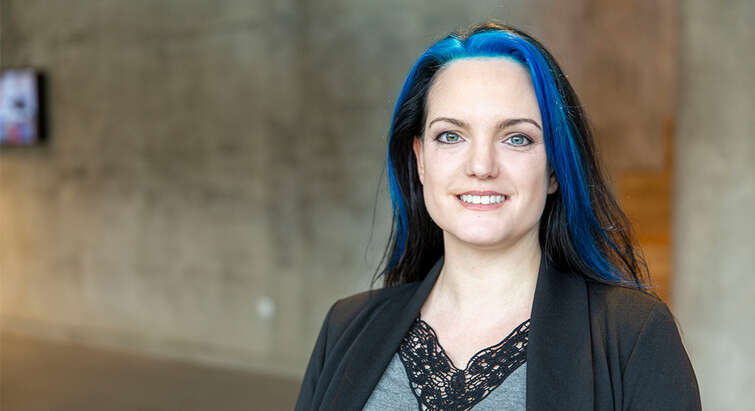
Meehan Lab

Mikkelsen Lab
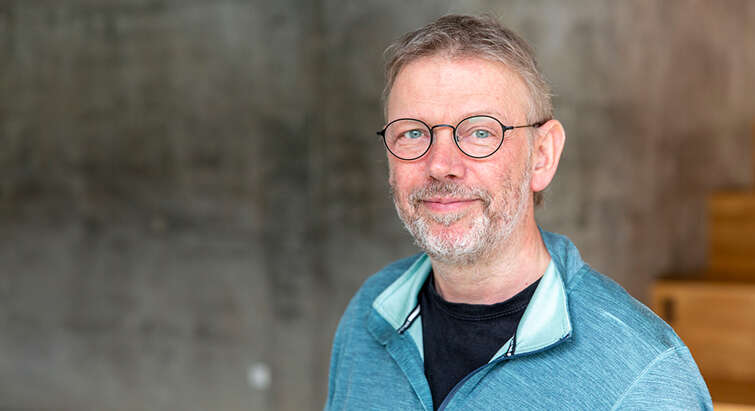
Nielsen Lab

Perrier Lab
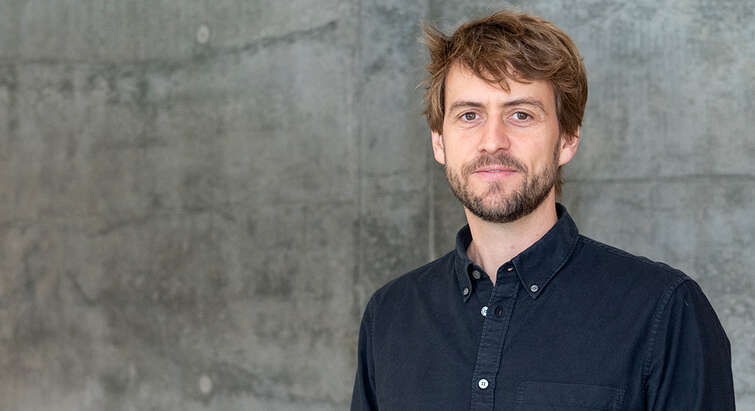
Petersen Lab

Rasmussen Lab

Rath Lab

Rekling Lab

Sørensen Lab

Vestergaard Lab

